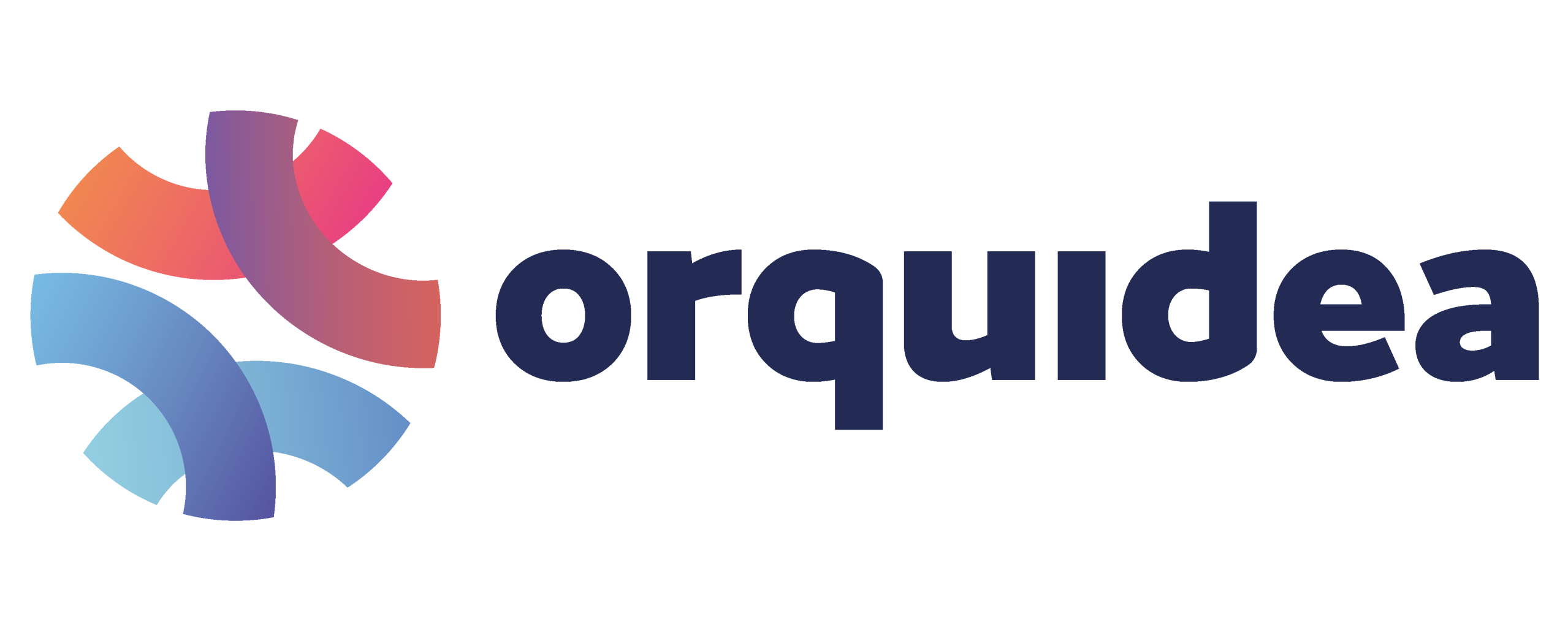The Ethics of Acceleration: Voices from the Frontlines of AI
Artificial intelligence is evolving faster than regulation, comprehension, and consensus. As models grow more powerful and pervasive, a chorus of voices—engineers, philosophers, artists, and activists—are raising urgent questions: What are we building? Who benefits? Who decides? This article collects insights from key thinkers grappling with the ethics of acceleration, offering a mosaic of concern, hope, and resistance.
1. The Acceleration Dilemma
Rapid AI development creates tension between:
- Innovation and oversight
- Capability and comprehension
- Deployment and deliberation
Technologists warn that speed without reflection risks harm—to individuals, institutions, and society.
2. Voices from Inside the Labs
Timnit Gebru, AI researcher:
“We need to slow down—not because we fear progress, but because we value people.”
Margaret Mitchell, ethicist:
“Ethics isn’t a feature—it’s a foundation. Without it, scale becomes danger.”
These voices call for embedded ethics, not post-hoc fixes.
3. The Governance Gap
Policymakers struggle to keep pace:
- Laws lag behind model capabilities
- Global coordination is fragmented
- Corporate self-regulation lacks accountability
Experts advocate for binding frameworks, not voluntary principles.
4. Cultural Critics and Artists
Kate Crawford, author of Atlas of AI:
“AI is not just code—it’s extraction, labor, and power.”
James Bridle, artist:
“Acceleration is not neutral—it reflects values, priorities, and blind spots.”
Their work reveals the hidden costs of speed.
5. Acceleration as Ideology
Critics argue that:
- “Move fast and break things” is a cultural myth
- Speed is often used to bypass scrutiny
- Acceleration favors incumbents and disrupts equity
Ethics requires rethinking the tempo of innovation.
6. Resistance and Alternatives
Movements emerge to:
- Pause deployment of frontier models
- Promote slow tech and deliberative design
- Center marginalized voices in AI development
Acceleration is not inevitable—it’s a choice shaped by values.
7. Expert Perspectives
Abeba Birhane, cognitive scientist:
“AI systems reflect the worldviews of their creators. Without diverse voices, we replicate harm.”
Ruha Benjamin, sociologist:
“We must ask not just what AI can do—but what it should do, and for whom.”
These thinkers urge ethical imagination alongside technical ambition.
8. The Role of Public Dialogue
Ethics must be:
- Participatory, not proprietary
- Grounded in lived experience
- Responsive to cultural and historical context
Acceleration without conversation leads to alienation and distrust.
9. Institutional Responsibility
Companies and labs must:
- Publish model cards and risk assessments
- Include ethicists in product teams
- Support whistleblowers and dissenting voices
- Align incentives with public good—not just profit
Ethics is organizational, not optional.
10. The Road Ahead
Expect:
- Global debates over AI governance and pace
- New roles for ethicists, artists, and activists in tech
- Cultural shifts toward responsible innovation
- Frameworks that balance ambition with accountability
Acceleration will continue—but its ethics must be co-authored.
Conclusion
The ethics of acceleration is not a technical problem—it’s a cultural challenge. As AI reshapes society, the voices calling for reflection, inclusion, and responsibility must be heard. In this moment of speed, ethics is not a brake—it’s a compass for the future we choose to build.
